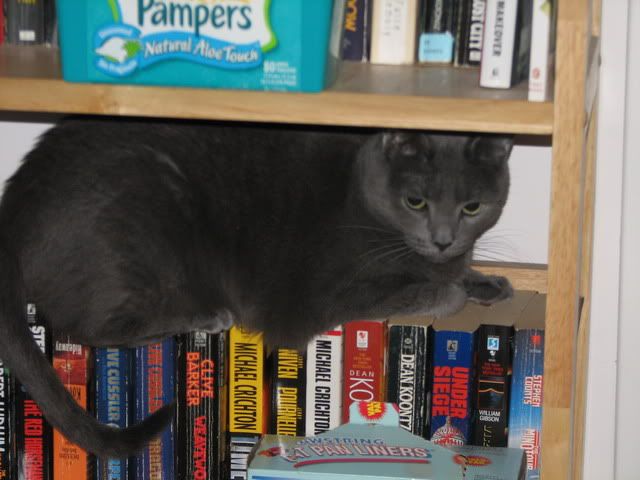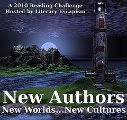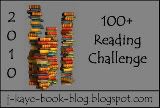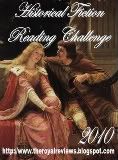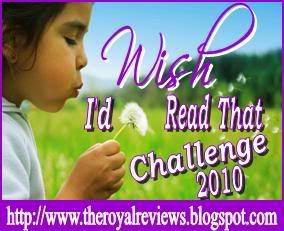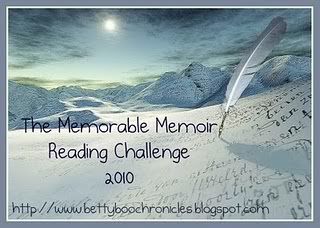When the civil rights movement began in the south I was still kind of little. I didn't know what was going on at first. Later, when I began watching the news for seventh grade current events, I saw the rioting in places like Watts and didn't understand. My parents explained the riots were instigated by "troublemakers".
I lived on Long Island with my parents and brother until December 1964. Our schools weren't segregated so I had no idea that they had been in the south. Later, I remember reading about the violence of busing issues in the north to fully integrate schools. The only thing I thought was how silly it was to have to ride a bus across town when there was a neighborhood school a kid could walk to. By then, I was living in Baltimore and I don't remember we really needed busing. The schools were pretty much integrated and so we went in our neighborhoods.
When Martin Luther King was assassinated, I was shocked, saddened and confused. He was only 39 years old, a preacher. Who would kill a preacher? I was confused, though, because my parents said he was a "troublemaker". How could he be? He was a preacher! Yet, there was rioting in Baltimore and smoke filled the sky. Maybe my parents were right, I thought...but why? Why were people so angry?
Well...I was dumb. I didn't know very much about what was going on in the country or in the world either until then--1968, when all hell seemed to break loose.
I read Gone With the Wind and saw the movie with my parents when it was re-released. Oho, the people in the south had owned slaves. That was very bad, I thought, but that was 100 years ago. Why was everyone still mad now?
I was thinking and seeing things like the naive child I was.
I started to get it when I read To Kill A Mockingbird. A black man was on trial for his life after being accused of raping a white woman. The first thing that troubled me was that some of the white people expected appointed lawyer Atticus Finch to put up a dummy defense. They all anticipated that Tom Robinson would be hanged anyway.
The "star" witness, Mayella Ewing, was a pathetically poor and lonely young woman who only had her child siblings for company. Their father was on the dole, an alcoholic, and the kids showed up for one day of school and that was it. They were worse off and off crummier character than anyone else, black or white, and yet she was going to be believed just because of her color. During question, it became very clear she was lying. She hadn't been raped. She'd been attracted to Tom and her father saw her hugging the terrified handyman. Tom ran out of the house and the bum father beat the hell out of his daughter.
Atticus proved there was no way Tom could have committed the crimes Mayella accused him of...yet Tom was convicted. He was "shot" while trying to "escape". I felt as sick as the kids in the story felt.
No wonder black people were mad! They were "kept in their place" by Klan mentality, shot, beaten or hanged because of what? The color of their skin. That was sickening.
I felt angry because no one had told me any of this happened. This was supposed to be a free country, why wasn't it? I began to argue with my parents about the things they said. Why did they think protesters were troublemakers? Why did they hate Puerto Ricans? Why did the government lie to us?
I still didn't know much about the civil rights movement in the '50s and '60s. It just didn't come up in school and my parents surely weren't going to talk about "troublemakers". Once I began to see footage of the police with clubs, hoses and dogs set on marching blacks I was really horrified. Those policemen and the hate filled white crowds looked more like Nazis than Americans.
I was already out of high school so it was after 1973 that I saw that old footage. I thought, what! That kind of segregation was still going on when I was a child? What! Blacks in states like Mississippi, Alabama and Louisiana couldn't all vote? What! Even in 1968, Rev. King was still working on civil rights? It hadn't happened for everyone even then? What!
I just finished reading Coming of Age in Mississippi and again my stomach turned at the hateful behavior of white Christians. They'd kill a black man for even looking at a white woman. Anne Moody writes about the murders of several young men from her town and she had to get out because she couldn't stomach all the hatred.
She wrote about her work in "the Movement", exposing herself to being beaten, arrested or killed just to be able to sit in a restaurant and be served or sit down and wait for a bus like everyone else. Segregated restaurants, bathrooms and waiting rooms? She lived in constant fear because she had the nerve to go around trying to get other blacks to register to vote. That whole system was crazy. Blacks already had the right to vote...why did they need to pass some kind of crazy test the whites thought up?
Worst of all...where was everyone? It wasn't just the white southerners and the KKK causing the trouble. And they were the troublemakers, not the protesting blacks. What's wrong for asking for what you're due? It was the whites who responded with murder. Now that is wrong wrong wrong. Anyway, where were the rest of us? Where was the government? They were quaking in their shoes, I guess. They didn't care enough or were too scared to get involved.
I don't want to come off sounding sanctimonious or righteous. It just makes me sick. Apparently we're all capable of being Nazis and Klansmen. When we look the other way, that's just as bad. That's what happened in Germany to the Jews, here to the blacks, and all around the world.

